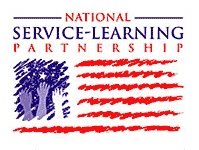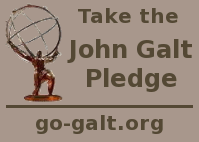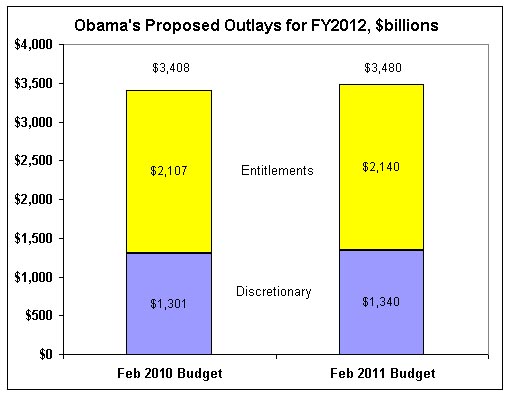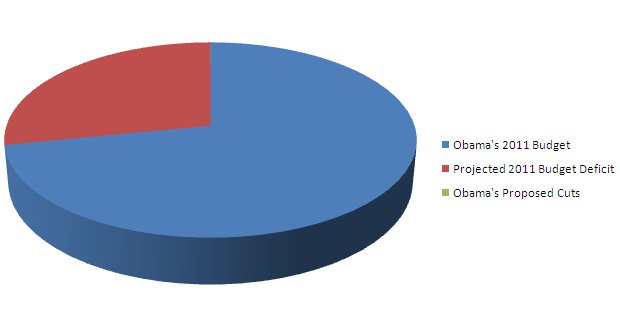10-08-2009

Permalink


NSLP
|
Subject: Service-Learning
While exploring the National Service-Learning Partnership (NSLP) site,
I took a look at the
page
describing the "service-learning" concept. Near the top of the
page is the following example:
|
Picking up trash by a riverbank is service.
Studying water samples under a microscope is learning.
When students collect and analyze water samples and the
local pollution control agency uses the findings to clean
up a river... that is service-learning.
|
When I was in school, we were given problems in practical
learning that involved real-world exercises that helped us
to integrate and apply our abstract knowledge to situations that
we might encounter throughout life. There could certainly be
a practical learning component to the exercise of examining local
water to determine its content. And practical problem-solving
certainly meets this aspect of the NSLP's goals:
"Service-learning helps students master important curriculum
content by supporting their making meaningful connections between
what they are studying and its many applications."
But that goal could easily be met by thoughtful teachers and standard
educational programs just as it was in my day. So why do we need to
pump billions of additional taxpayer dollars into a complex
organization like NSLP. Well, so that we might achieve their other
true objective:
"Service-learning also helps young people develop a range of
service skills, from acts of kindness and caring, to community
stewardship, to civic action."
Our schools are being turned into factories used to create a population
equipped with "service skills" (conveniently left undefined),
"community stewardship" skills (again, I could not locate a
definition or discussion of what this entails), and "civic
action" skills. The mind reals at what this last is supposed to
mean!
Standards for conveying the facts embodied in subjects suchs as math,
English, history, biology, chemistry and physics can be objectively
examined and agreed upon. But what about topics such as what is and
is not appropriate activity within the realm of "civic action",
or what exactly are the standards one applied to concepts of "kindness"
and "caring"? And where is there any discussion and analysis relating
to the morality and constitutionality of enforced labor? The answers
to questions such as these are clearly dependent upon a broad-based
philosophy, and different people will come to different conclusion
in these areas depending upon the principles that they hold.
After examining case after case where these so called service-learning
program are being implemented, it soon becomes clear that the agenda
is to indoctrinate the students in an implicit philosophy of altruism,
replacing their budding independent and adventurous spirit with a
more docile one of self-sacrifice to others. The people implementing
these programs administratively, and teaching them is the classrooms,
are all Ellsworth Tooheys - but of an
even more sinister kind. For, while Toohey plied his craft in the
realm of adults who at least had a fighting chance to think for
themselves and defend against his methods, these people ambush
children, as young a five or six, who have not yet had the opportunity
to develop their critical thinking skills through practice and life
experiences, nor have most yet learned that there are adults in the
world who do not deserve their trust.
If you are concerned about the rapid invasion of service-learning
programs into our schools, supplanting traditional education subjects
and methods, I encourage everyone to get in touch with your local
school board to determine the status of these programs, and to make
your opposition known.
There is only one long term solution to this and a myriad of other
problems with our schools. We must get the government out of the
education business once and for all. Until this is accomplished,
schools will continue to be used as indoctrination centers for one
bad idea after another. The abysmal state of education today is a
direct result of having made it appear to be "free" to one and all.
Like any other free product, education has come to hold very little
value in the eyes of most students (as witnessed by their lack of
initiative and commitment in pursuing their studies) and by most
of their parents who are also products of this "free" system. And
the resultant apathy leaves the system wide open for the type of
massive abuse we are now seeing. When parents are required to
pay directly for their childrens' education, they will soon begin
to apply some of those critical shopping skills that they currently
reserve for the purchase of a new car or major appliance. And when
parents begin to evaluate how their valuable education dollars are
actually being spent, children will once again begin to learn
— and think.
|








